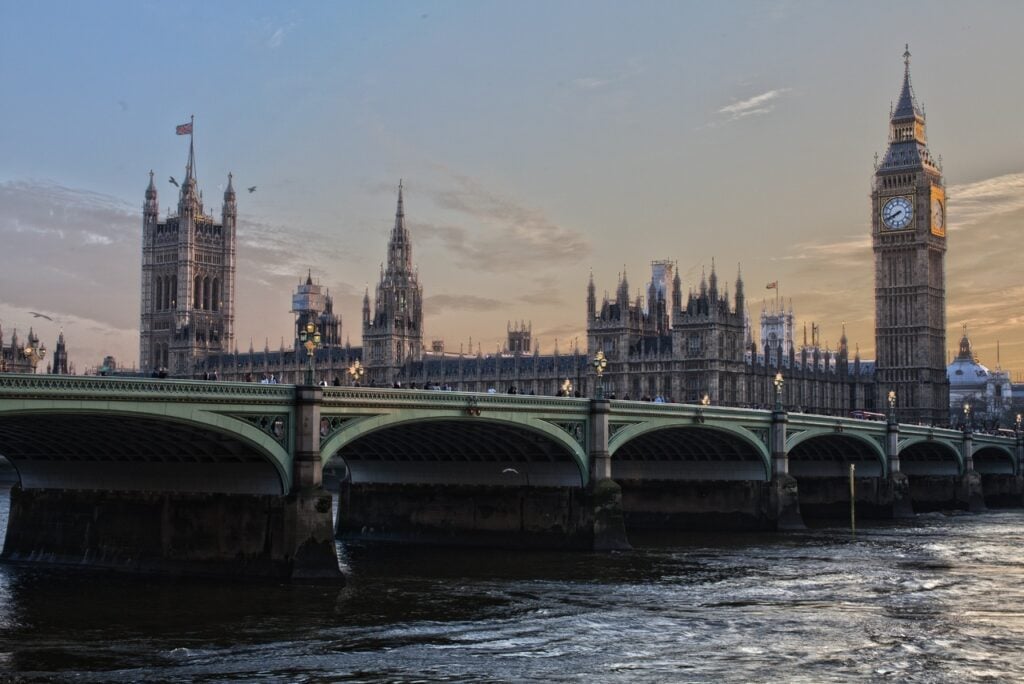The British Beer and Pub Association (BBPA) has called for “urgent action” from the UK Government in order to prevent catastrophe amid soaring energy bills.
In a letter signed by Greene King, J.W. Lees Bewery, Carlsberg Marston’s, St Austell Brewery, Drake and Morgan and Admiral Taverns, alongside the BBPA, the business leaders are calling for additional support following the 80% rise in the consumer energy price cap.
By increasing the consumer price cap, the British public would have less disposable income to spend meaning commercial businesses would see less profit and revenue. As well as this, price hikes for breweries could have a fatal impact on many businesses.
The letter outlines that pub and brewing businesses across the UK are at risk of closure due to the out-of-control energy bills, with upwards of 300% price hikes reported.
According to the businesses, the energy crisis will impact the entirety of the industry’s supply chain, with major CO2 producer CF Industries announcing it will be ceasing production of what is a critical component in beer production and dispensing in pubs, citing market conditions as a key decision driver.
“This rise in energy costs will cause more damage to our industry than the pandemic did if nothing is done in the next few weeks, consumers will now be thinking even more carefully about where they spend their money,” said Emma McClarkin, chief executive of the British Beer and Pub Association.
“There are pubs that weathered the storm of the past two years that now face closure because of rocketing energy bills for both them and their customers. If we lose them, we not only lose businesses and the jobs that go with them, but also the beating heart of communities across the country where people gather in times of need.
“We need an energy cap for businesses before it’s too late.”
In mid-August, the UK Government revealed it could provide further relief for energy intensive industries under a new proposal set out amid rising energy costs.
Under the energy intensive industries exemption scheme, it aims to increase the level of exemption for certain environmental and policy costs from 85% of costs up to 100%.
If implemented, this could help subsidise electricity costs for energy intensive businesses such as steel and paper mills – an area of concern amid increasing strain on the energy grid.
As detailed in the letter, urgent action is required by the government in order to prevent breweries and pubs from folding and closing up shop.
“The UK’s brewing industry is facing a crisis far graver than that which we faced during the Covid lockdowns of the past few years. We have seen surging commodity prices and a doubling in the cost of malt, as well as C02, gas and energy costs nearly tripling since 2019,” said Paul Davies, CEO of Carlsberg Marstons.
“On top of all this, our industry has felt the impact of an over 50% rise in aluminium costs for cans, plus rising labour costs. Without immediate, direct Government support, many of the UK’s craft and cask ale breweries will have no choice but to close for good. We are going to lose in one winter, generations of iconic beer brands.”
Kevin Georgel, chief executive of St Austell Brewery commented: “The cost of energy threatens to cause mass business failure and the loss of thousands of pubs across the country.
“We are now hugely concerned on behalf of our licensees, who are paying extortionate fees for their energy, and many remain in unsustainable out of contract rates. Some are finding it impossible to find an energy supplier that is willing to provide a contract for a pub.
“This situation is reflected in our own business where the cost of energy, wider inflation, and reduced trade levels are creating the perfect storm.”
Since Ofgem revealed it would increase the energy price cap to £3,549 per year for dual fuel from 1 October, the news has been met with much debate across the energy sector. However, many understood a rise was inevitable due to the high wholesale cost of fossil fuels.
Despite this, more must be done to protect British businesses that are now facing yet another existential catastrophe following the COVID-19 crisis.





